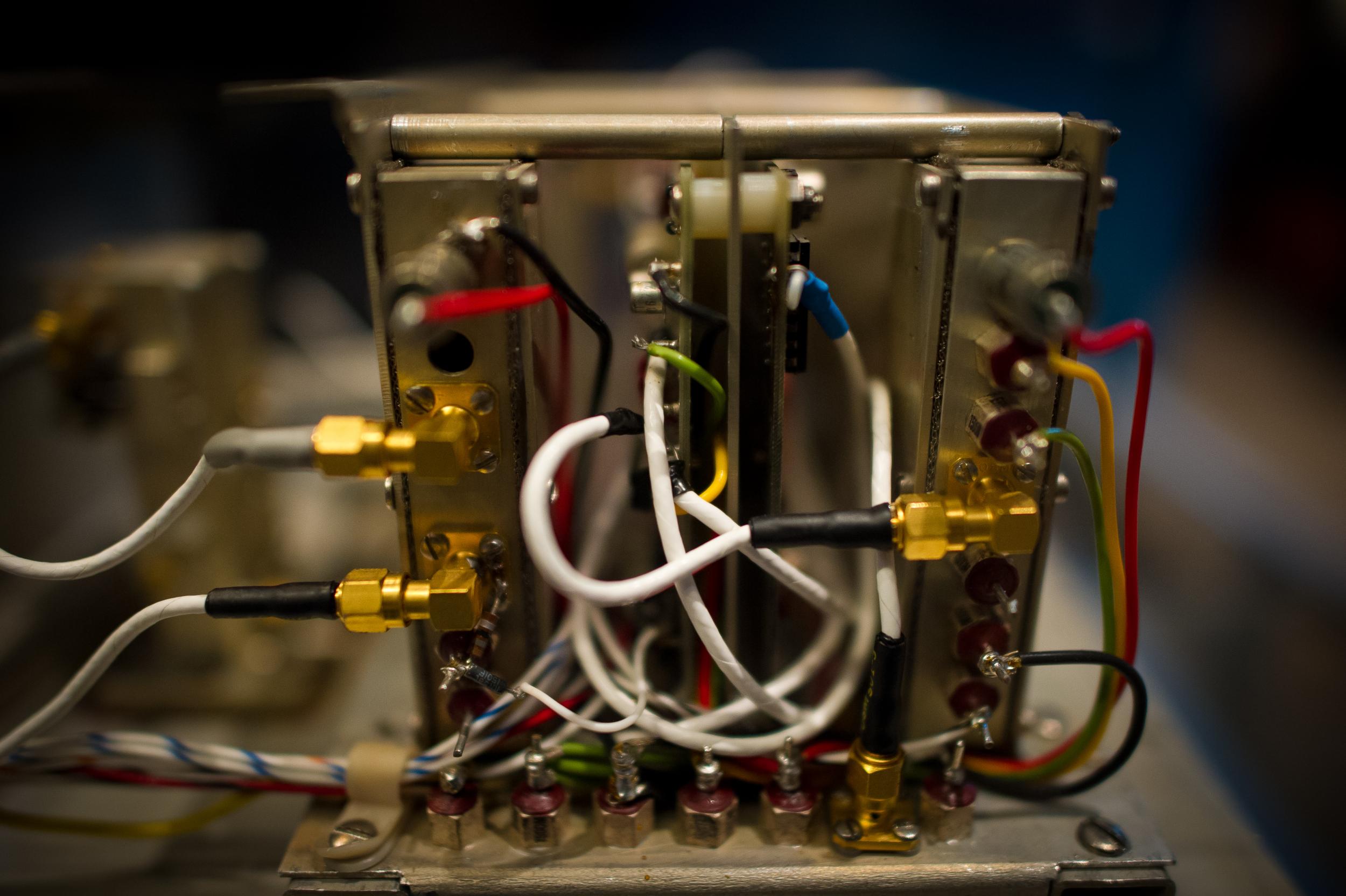Oxford scientists create most expensive material in the world, valued at £200 million a gram
A quantity of the material equivalent to the weight of one-third of a human hair recently sold for £22,000

Oxford University scientists are creating the world's most expensive material - endohedral fullerenes, spherical carbon molecules containing nitrogen atoms, which sell for £100 million a gram.
The tiny structures are being manufactured by Designer Carbon Materials, a company which was born out of the university last year.
The incredibly valuable material is being used in atomic clocks, to make the timekeeping devices even more accurate than ever before.
When integrated into a GPS device, the tiny clocks could detect the device's position to an accuracy of one millimetre, compared to the current standard of around one to five metres.
That accuracy would be practically unnoticeable if you were navigating a city with Google Maps, but it's vital in driverless car technology, where the difference between metres and millimetres is hugely important to avoid collisions.
Speaking to The Telegraph, Dr Kyriakos Porfyrakis, founder of the company and nanomaterials expert, said: "Imagine a minaturised atomic clock that you could carry around in your smartphone."
"This is the next revolution for mobile."
Most current atomic clocks are huge, cabinet-sized devices. Using the endeohedral fullerene technology, they could be shrunk to the size of a microchip.
Because of the enormous price, the material changes hands in tiny quantities.
The company recently made their first sale of only 200 micrograms - about one-fifteenth the weight of a snowflake, or one-third the weight of a single human hair - for £22,000.
Join our commenting forum
Join thought-provoking conversations, follow other Independent readers and see their replies
Comments
Bookmark popover
Removed from bookmarks